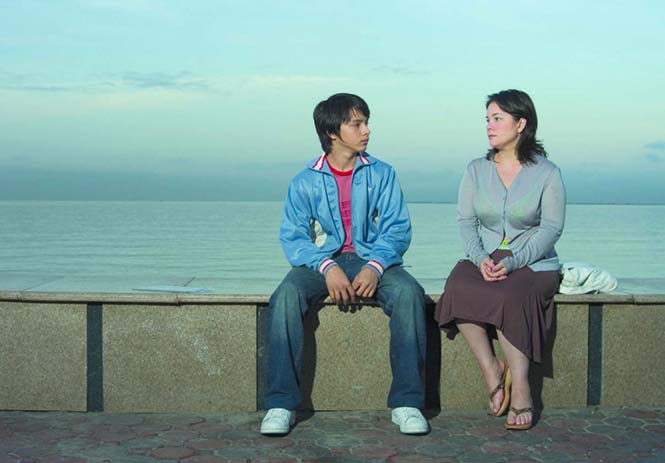Talking like a woman at online TED Talks is being “uniquely rewarded” with more views according to researchers, who say female language style is an “underappreciated but highly effective tool for social influence”.
The study published in PLOS ONE by the Universities of Zurich, Lancaster, Arizona, Texas, Münster and Collegium Helveticum is the first one to examine whether social evaluations operate in similar ways online and offline.
At TED conferences, academics, entrepreneurs, artists and others give short talks about their area of expertise. TEDTalks range from science to business and global issues, with an average two million views for each talk.
Researchers collected transcripts of TED video talks along with the number of views and the ratios of positive and negative ratings. This enabled them to score the language of TED speakers to analyse the language styles; almost 70% of TED speakers had a language style which matched their own gender.
Men commonly use more abstract and analytical language while female-typical language has been described as more narrative, personal, social and emotional; women tend to refer more to themselves and to other people more than men.
The researchers wanted to find out which was more predictive of TED Talk impact: a more instrumental and complex male-typical language style or a simpler and more personally engaging female-typical language style.
Tabea Meier from the University of Zurich said: “Due to the well documented male advantage in social influence, we expected a general advantage of male-typical language style in terms of talk impact. We assumed that this might be the case for women in particular, namely that a male language style might help them overcome the ascribed lower status typically associated with their gender.”
Instead, the researchers found the opposite – that female-typical language was connected with higher impact. Dr Ryan Boyd from Lancaster University said: “Most importantly, female-typical language was associated with more talk views irrespective of the speaker’s gender. Female-typical language thus conferred an advantage for male and female speakers alike in our sample. In other words, behavior typically shown by women was associated with higher talk impact.”
A female language style for the most popular TED talks was linked to over 700,000 extra views online.
The language style also predicted the types of positive and negative ratings received. More female-typical language style predicted more of the positive ratings “beautiful”, “courageous” and “funny” while male-typical language attracted the positive ratings “ingenious” “fascinating” “informative” and “persuasive”.
These different qualities are in line with common gender stereotypes of women being warmer and emotionally expressive, and males more factual. However, they might have new connotations in the digital sphere as they did not interfere with popularity. More female-typical language style also led to fewer “unconvincing” ratings.
The researchers concluded that: “Female-typical language may thus be a powerful tool to promote impact and visibility particularly for speakers whose competence or status is out of the question – independent of whether they are male or female.”


























































































